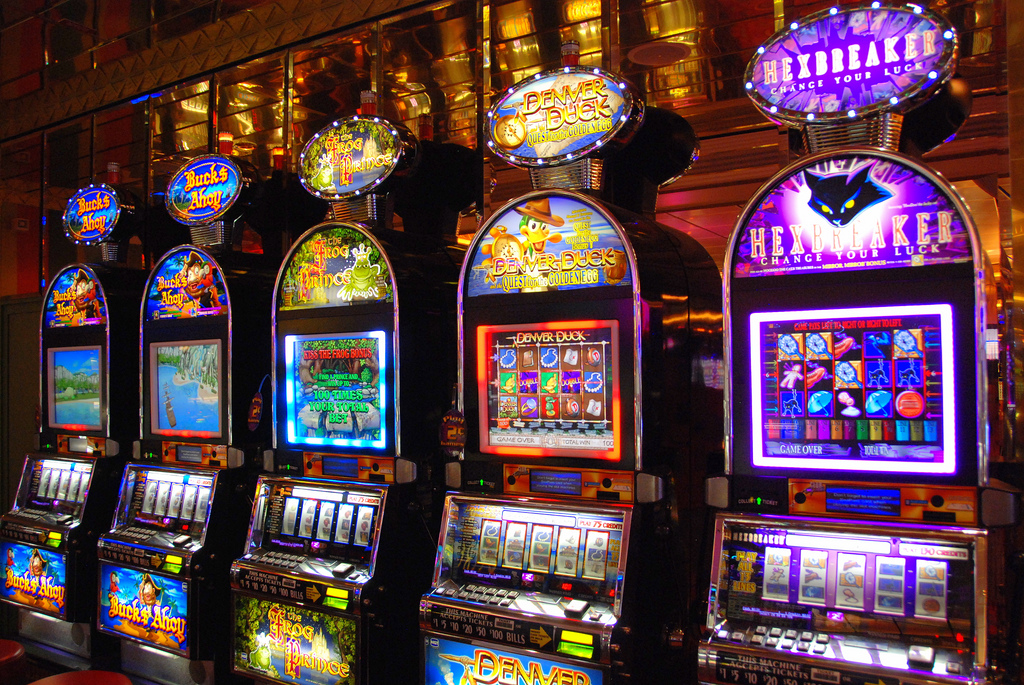The Chicago Tribune has reported that the state of Illinois has been issuing gaming licenses to individuals with criminal ties as well as a past involving illegal gambling. It was six years ago that lawmakers in Illinois decided to legalize video gambling machines, with supporters hoping the legalization of such gaming machines would stop illegal video gambling. However, it has now come to light that the Illinois Gaming Board has issued gaming licenses to individuals who should not have been granted access as an operator.
After an investigation by the Chicago Tribune, it was found that the board had approved licensing for a minimum of two men who had previously been accused of operating video gambling machines illegally, before the gaming option was legalized within the state. At least one of the men had a felony charge.
At the time, officials of the Gaming Board were satisfied with their decision to approve the gaming licenses. The board has already issued close to 7,000 gaming licenses in the short time frame and only denied under 400 applicants. The denial can be completed due to involvement in illegal gambling, the criminal history of the applicant, associations or personal/business activities.
It was found that one license was given by the board to a restaurant owner in Rockford who had previously been convicted of a felony. The man had stolen $146,000 from a hotel in South Carolina. Officials stated that they were not aware of the felony charge due to the national criminal database not revealing the criminal activity.
A second license was found to have been given to a man who had worked with his father to install gambling machines that were illegal in nature at bars in McHenry County. The man was later cleared of charges of felony syndicated gambling with a plea deal. The man is now the president of an organization that lobbies in favor of video gambling machines.
The findings by the newspaper have raised serious questions as to the applicant process in Illinois, according to Democratic Representative Scott Drury. In 2014, Drury tried to have legislation passed that would strengthen the ability of the Gaming Board to deny a license for video gambling. The representative believes that at the very least, the General Assembly should be investigating the manner in which the Gaming Board is carrying out their duties in regards to license approval.



